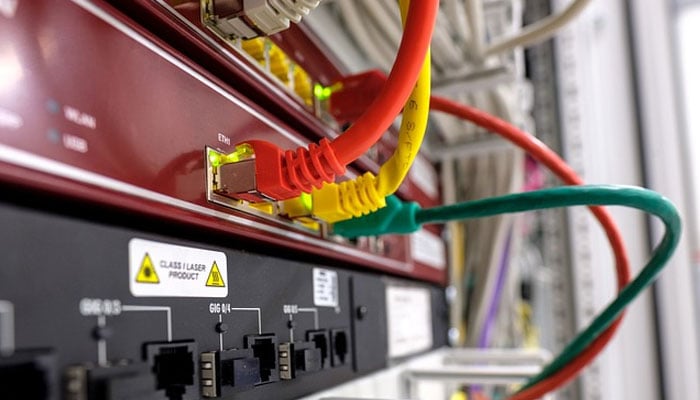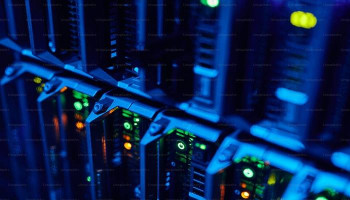
In the midst of ongoing debates about social media access and the emerging concept of "digital terrorism," the federal government is planning to execute its plans to implement an advanced national firewall.
This initiative aims to transform Pakistan's digital landscape by increasing governmental oversight and control over online activities, affecting major platforms like WhatsApp, Facebook, X (formerly Twitter), and YouTube.
Although the government presents this measure as a tool to combat 'anti-state propaganda,' it has ignited a substantial discussion about digital freedom, privacy, and the potential consequences for internet users in Pakistan. Let's first understand what is a firewall.
What is firewall?
A firewall is a crucial component in the realm of cybersecurity, acting as a barrier between a trusted internal network and untrusted external networks, such as the internet. Its primary function is to monitor and control incoming and outgoing network traffic based on predetermined security rules, effectively serving as the first line of defence against potential cyber threats.
Firewalls can be implemented in both hardware and software forms. Hardware firewalls are physical devices that filter traffic between your network and the internet, whereas software firewalls are programs installed on individual computers to regulate traffic through port numbers and applications. In many cases, organisations employ a combination of both for a more comprehensive security strategy.
One of the key tasks of a firewall is to block unauthorised access while permitting legitimate communication. This is achieved through several methods, such as packet filtering, stateful inspection, and proxy service. Packet filtering examines each packet of data and either allows or denies it based on user-defined rules. Stateful inspection tracks the state of active connections and makes decisions based on the context of the traffic, while proxy service intercepts all messages entering and leaving the network, hiding the true network addresses.
Modern firewalls also include advanced features like intrusion detection and prevention systems (IDPS), virtual private network (VPN) support, and deep packet inspection (DPI), which examines the data part of a packet, looking for non-compliance with the protocol, viruses, spam, or other predefined criteria.
In an era where cyber threats are continually evolving, firewalls remain a fundamental defence mechanism, protecting sensitive data and ensuring the integrity of networks. Whether for personal use or within a large organisation, firewalls play an indispensable role in safeguarding digital environments from malicious activity.
















